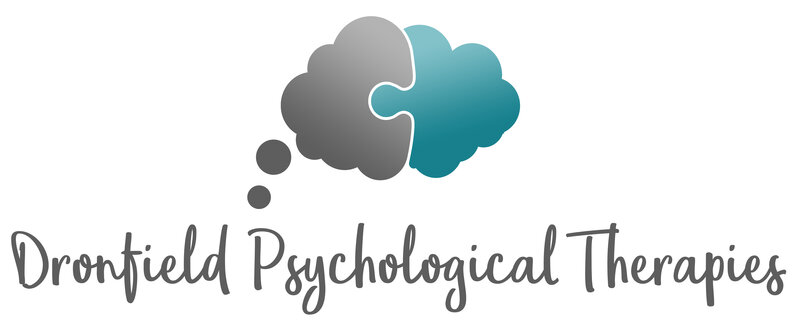Therapies
What is CBT?
Cognitive Behavioural Therapy (CBT) is an evidenced based and well researched talking therapy. It is recommended by the National Institute for Health and Care Excellence (NICE) for many mental health problems. CBT aims to teach you to become your own therapist, so that you can keep using the strategies and techniques you have learned after you have finished therapy. CBT focuses upon how your thoughts and behaviours impact upon your emotions and physical symptoms.
What is EMDR?
Eye Movement Desensitisation and Reprocessing (EMDR) is also recommended by the National Institute for Health and Care Excellence. It can help people who experience current emotional distress as a result of past traumatic life events or experiences. EMDR aims to ‘process’ these experiences or events which can subsequently improve emotional well-being and eliminate distressing symptoms associated with the trauma.
What is ACT?
Acceptance and Commitment Therapy (ACT) is a type of psychotherapy that aims to help you reduce the struggle against distressing thoughts, experiences and life events. Focusing on helping people to learn to ‘defuse’ from thoughts; to notice acknowledge and make room for these experiences using a variety of techniques, which may include mindfulness, metaphors acceptance and commitment to values-based living.
What is Mindfulness?
Mindfulness means paying attention in a particular way: on purpose, in the present moment, and non-judgementally. This practice aims to increases awareness, clarity and flexibility in being with our experiences and stepping out of life’s auto-pilot mode and improving your overall wellbeing.
What is Counselling?
Counselling helps you to explore your thoughts, feelings and behaviours so you can develop a better understanding of yourself and of others. Counselling often focusses on your relationships, childhood, past or present life events or situations you find difficult. Counsellors will be impartial but understanding. They will listen to you without judgment and help you explore your thoughts and emotions. They may offer information, but they won’t tell you what you should think or do.
